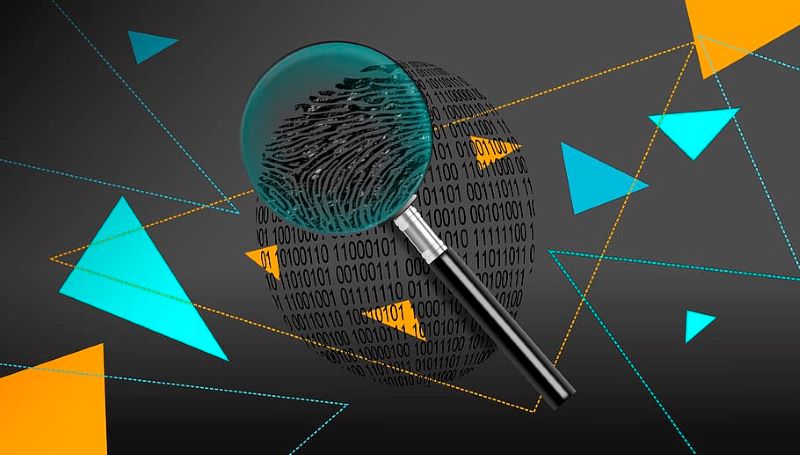By CIPESA Writer |
On March 24, 2023, the High Court of Uganda at Kampala ruled to allow experts from Access Now, ARTICLE 19, and the Collaboration on International ICT Policy for East and Southern Africa (CIPESA) to offer their opinions on the human rights red flags around the country’s digital identification (ID) system.
The ruling followed an application by the three organisations for admission as “Friends of Court” in a case which challenges the use of the National Identification Register as the sole data source and primary means of identification prior to accessing various social services. Uganda’s national digital ID, also known as Ndaga Muntu, is a mandatory scheme for accessing various socio-economic services.
The court admitted the amicus brief submission by the trio despite objections from the Attorney General and the National Identification Registration Authority (NIRA) on grounds that the application was facilitated by bias and partiality of the applicants. The respondents further argued that the applications introduced new, inadmissible evidence – an assertion the court did not agree with. The court, in fact, noted the significance of the arguments raised by Access Now, ARTICLE 19 and CIPESA, particularly on data protection, digital inclusion, surveillance, and the sufficiency of protection measures and their impact on the right to privacy.
The admission means that the court will consider the opinions of the three organisations in determining the case challenging Uganda’s digital ID system. In his ruling, Justice Boniface Wamala noted that the matters the three organisations raised did not constitute evidence. Rather, they “constitute legal concepts that are new, unfamiliar, unusual or unique. Such aspects constitute the quality of novelty.”
The organisations made the application as neutral parties and experts to assist the court to be better abreast with novel areas that potentially contribute to the development of the law.
The joint brief seeks to help court fully grasp the potential impact of the national digital ID program on online and offline rights including the right to privacy, the right to freedom of expression, as well as intersecting economic, social, and cultural rights by providing expert evidence at national, sub regional, regional, and international levels. It also explains how the digital identity system might contribute to excluding citizens from basic access to services, thereby leaving them in a vulnerable state.
The case challenging the ID system was filed by the Initiative for Social and Economic Rights, Unwanted Witness, and Health Equity and Policy Initiative, against the Ugandan Attorney General and the NIRA. The NIRA is the body charged with creating and managing the National Identification Register by registering births, deaths, citizens and non-citizens.
In its affidavit in support of the amicus application, CIPESA argued that as an expert in advancing internet freedom and governance, civic participation, and data governance, it saw the need to intervene as a friend of court, in public interest and the interest of justice, to promote and protect human rights.
According to CIPESA’s Legal Officer, Edrine Wanyama, the ruling to hear the opinions of the expert organisations could help in shaping new and emerging areas of the law in Uganda on the need to respect privacy and other rights in the deployment of digital technologies in public digitalisation programmes, including initiatives like the Digital ID.
“This is a demonstration of the commitment of the courts to remain open to new and emerging knowledge and jurisprudence and to receive expert opinions on how to protect citizens from potential harms associated with the use of technology,” said Wanyama.
CIPESA anticipates that the court will draw considerable knowledge from the amicus submissions and reach a decision that ensures that the roll-out of the digital ID system does not serve as a tool for exclusion but as an inclusion tool for all persons in accessing social and economic services.
Access Now, ARTICLE 19, and CIPESA aim to continue offering the court expert views that could help to ensure that the digital ID system is implemented in a manner that respects minimum human rights standards and promotes and protects rights and freedoms.

